Certain urban environments possess a unique ability to slow time and deepen thought, creating spaces where conversations naturally turn to life’s big questions. These cities combine distinctive physical atmospheres with cultural traditions that value contemplation and dialogue.
Their cafés become more than places to consume coffee—they transform into extensions of universities, theaters, and therapy rooms where strangers become philosophers and friends become confidants in discussions that stretch from afternoon into evening.
Here is a list of 20 cities around the world where the environment seems deliberately designed to inspire existential reflection and profound conversation, places where coffee grows cold as thoughts and words flow freely.
Paris, France
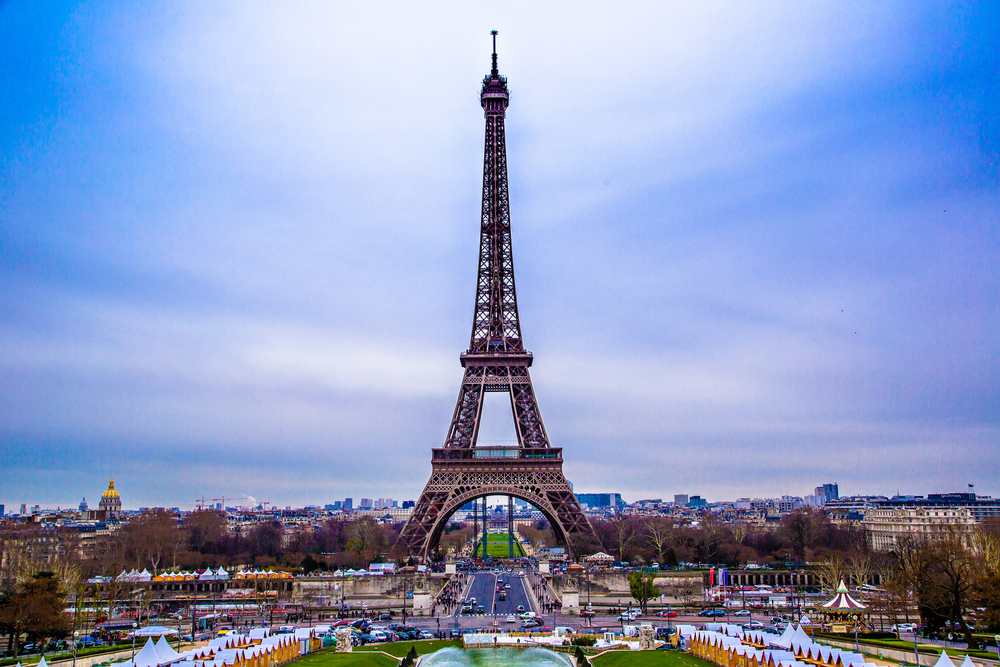
The intimate café terraces of Paris have hosted philosophical movements that changed intellectual history, creating a tradition of conversation as an art form that continues today. Legendary establishments like Les Deux Magots and Café de Flore, once haunted by Sartre, de Beauvoir, and Camus, maintain their contemplative atmosphere where locals spend hours in animated discussion or solitary reflection.
The city’s distinctive light, particularly at dusk when the limestone buildings take on a golden glow, creates a cinematographic quality that naturally shifts perspective from the mundane to the profound.
Vienna, Austria

The Viennese coffeehouse tradition, recognized by UNESCO as an intangible cultural heritage, established these spaces as extended living rooms where time becomes irrelevant and conversations deepen beyond social pleasantries. Historical establishments like Café Central and Café Sperl preserve an atmosphere where customers can occupy a table for hours with a single melange coffee, surrounded by newspapers, chess games, and the ambient sound of thoughtful conversation.
The imperial architecture and musical heritage of the city create an environment where beauty and intellect naturally intertwine, inspiring discussions that range from art criticism to the nature of consciousness.
Like Travel Pug’s content? Follow us on MSN.
Prague, Czech Republic

The meandering medieval streets and dramatic skyline of Prague create natural moments of reflection as visitors encounter unexpected vistas that seem designed to stop both feet and thoughts. The city’s literary heritage, shaped by Kafka, Kundera, and Havel, infuses conversations with awareness of life’s absurdities and political complexities.
Underground cafés and pubs tucked into centuries-old cellars create intimate spaces where strangers connect over dark Czech beer and darker Czech humor, exploring the ironic contrasts between freedom and constraint that define the human condition.
Kyoto, Japan

The contemplative gardens and temple spaces of Japan’s ancient capital cultivate mindfulness that extends into the city’s contemporary café culture, where minimalist aesthetics remove distractions and focus attention on the present moment. Traditional tea houses and modern interpretations create environments where conversation naturally adopts the qualities of Zen—direct, spacious, and attentive to what remains unspoken.
The seasonal consciousness embedded in Japanese culture, particularly evident during cherry blossom season, naturally evokes reflections on impermanence and beauty that deepen connections between companions.
Edinburgh, Scotland
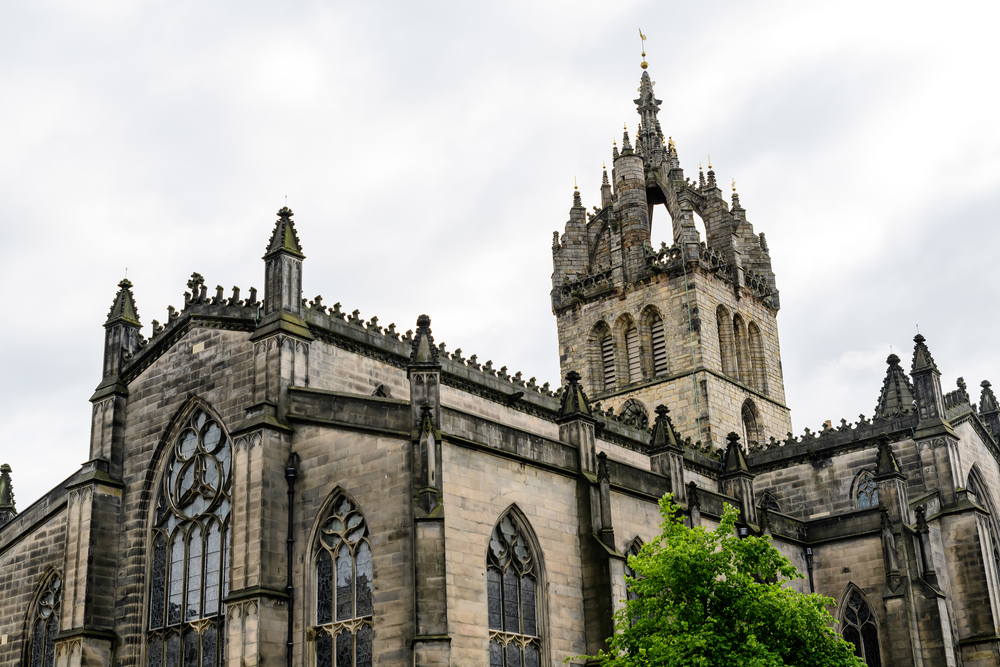
The dramatic vertical landscape of Edinburgh, with its medieval Old Town, perched above the Georgian New Town, creates a physical manifestation of the divided self that inspires psychological exploration. Literary pubs and cafés continue the tradition of the Scottish Enlightenment, where luminaries like Hume and Smith developed ideas that shaped modern thought over long evenings of conversation and contemplation.
The northern light quality, often described as pearlescent, combines with frequent mist to create a dreamlike atmosphere where boundaries between reality and imagination blur naturally in conversation.
Like Travel Pug’s content? Follow us on MSN.
Lisbon, Portugal
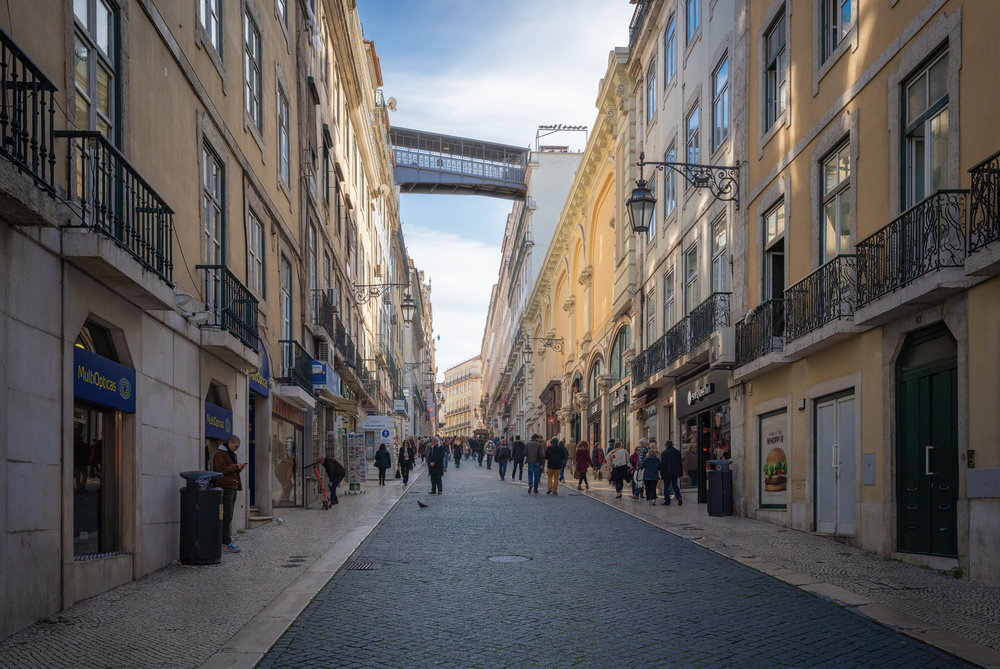
The Portuguese concept of saudade—a melancholic longing for something absent—permeates Lisbon’s atmosphere, particularly in traditional fado cafés where haunting music inspires reflection on love, loss, and destiny. The city’s dramatic topography creates natural viewpoints. Conversations pause as speakers gaze across the red-tiled rooftops to the Tagus River beyond, contemplating the maritime history that shaped Portugal’s identity.
The distinctive quality of light reflecting off the river and the tradition of azulejo tile facades creates an environment where beauty and decay coexist, naturally evoking existential themes of time and transformation.
St. Petersburg, Russia

The grandeur of imperial architecture juxtaposed with Soviet-era structures creates a cityscape that physically embodies historical contradictions, inspiring conversations about power, beauty, and human aspiration. Literary cafés maintain the tradition of Russian intellectual life where Dostoevsky and Pushkin once debated the existence of God and the nature of the Russian soul over strong tea and stronger opinions.
The extreme seasonal light variations—from the disorienting white nights of summer to the prolonged darkness of winter—create natural conditions for examining how the environment shapes consciousness and social connection.
Buenos Aires, Argentina
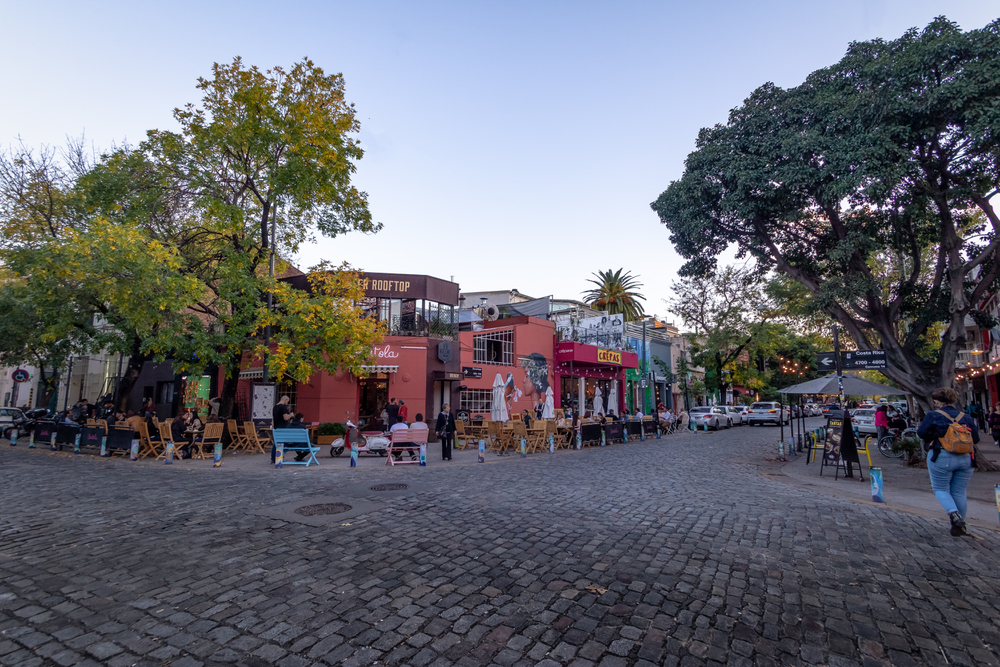
The porteño tradition of extended café conversations has given Buenos Aires the highest concentration of coffee houses per capita in the world, with historic establishments like Café Tortoni providing havens for political and philosophical dialogue since the 19th century. The melancholic influence of tango culture permeates these spaces, where lyrics exploring fate, passion, and nostalgia naturally steer conversations toward emotional depth rather than surface pleasantries.
The European-inspired architecture contrasted with distinctly Latin American social rhythms creates a city perpetually examining its identity, inviting visitors and residents alike into this ongoing dialogue.
Like Travel Pug’s content? Follow us on MSN.
Amsterdam, Netherlands

The Dutch tradition of gezelligheid—a cozy togetherness—combines with the city’s long history of religious and intellectual tolerance to create café spaces where diverse perspectives meet in authentic dialogue rather than defensive argument. Canal-side establishments with large windows create unique transitional spaces where conversations move fluidly between observing public life and exploring inner worlds, supported by a cultural comfort with directness and depth.
The distinctive quality of northern light that attracted centuries of Dutch painters continues to create an atmosphere of clarity and revelation where both art and conversation flourish.
Kraków, Poland
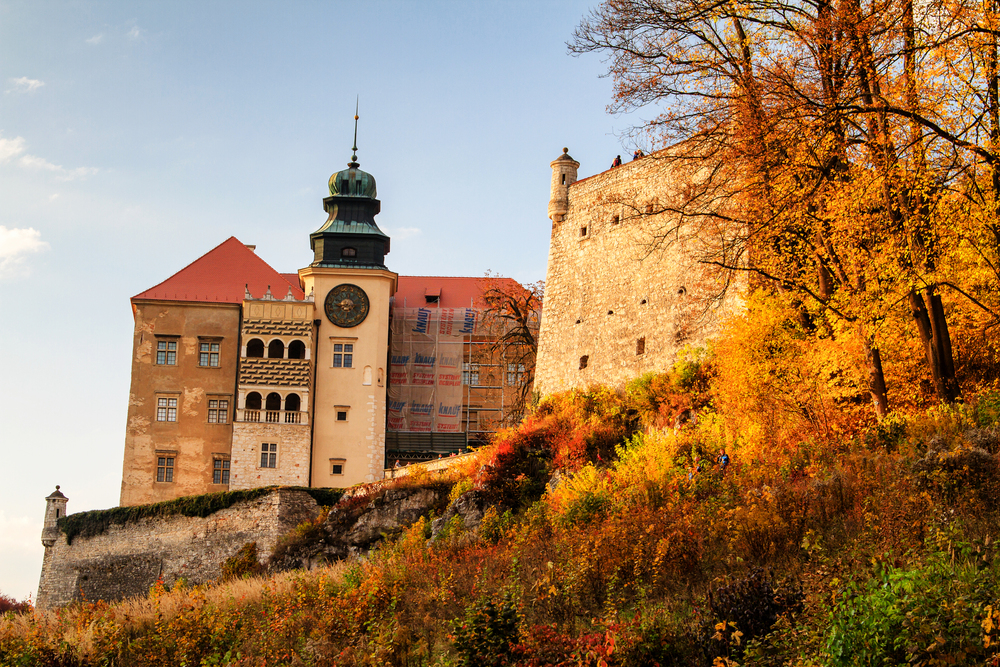
The intellectual café tradition of Central Europe found distinctive expression in Kraków, where establishments like Jama Michalika hosted the Young Poland movement that blended art, literature, and philosophy in the early 20th century. The city’s miraculous survival with medieval architecture intact creates an unusual temporal experience where past and present coexist visibly, naturally evoking questions about historical continuity and human resilience.
The Jewish intellectual heritage of the Kazimierz district, now experiencing a cultural revival, adds particular poignancy to conversations about memory, identity, and the responsibility of witnessing.
Berkeley, California
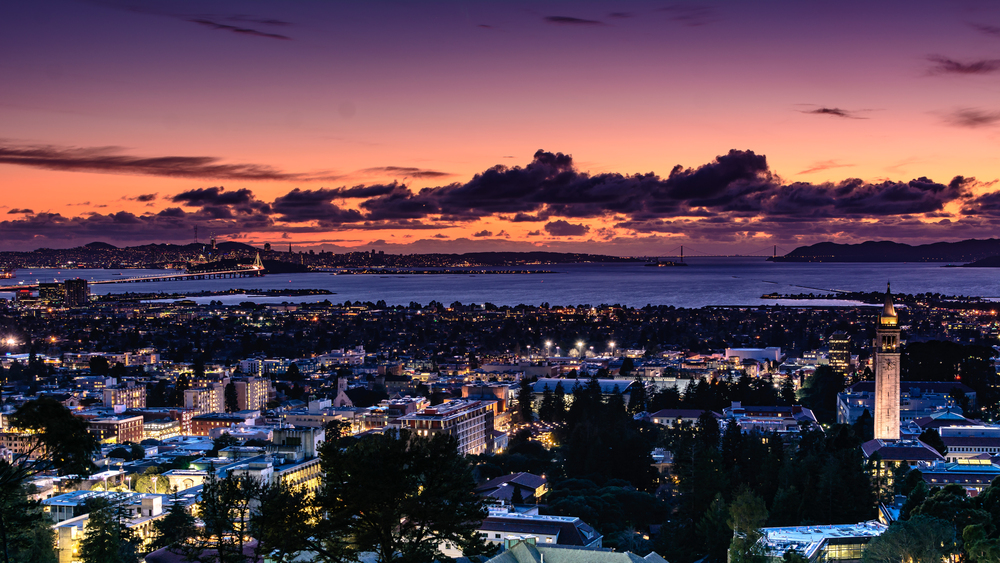
The legacy of the Free Speech Movement and 1960s counterculture established Berkeley’s café scene as an extension of its university, where conversations readily bridge academic theory and lived experience. Establishments like the original Peet’s Coffee and Caffe Strada maintain environments where strangers with divergent perspectives engage across differences with intellectual curiosity rather than tribal defensiveness.
The dramatic natural setting between hills and bay creates a physical space of unusual openness and light that seems to encourage similar qualities in the conversations that unfold across the city’s distinctive café landscape.
Like Travel Pug’s content? Follow us on MSN.
Melbourne, Australia
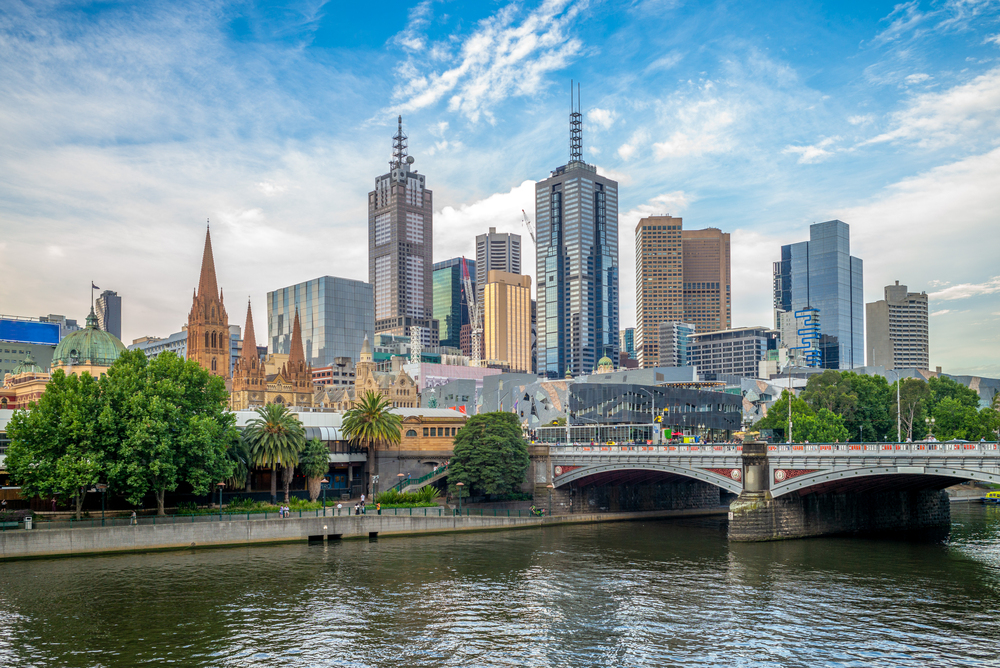
The laneway café culture of Melbourne combines intimate physical spaces with a distinctively Australian directness that cuts through social performance to create conversations of unusual authenticity. The city’s rapid seasonal weather changes, famously described as “four seasons in one day,” create a shared experience of unpredictability that naturally expands to discussions of broader life uncertainties.
The multicultural composition of Melbourne ensures that conversations encounter genuinely different worldviews rather than echo chambers, creating dialogues that challenge assumptions and expand perspective beyond comfortable boundaries.
Tangier, Morocco

The international zone history of Tangier established a tradition of cross-cultural intellectual exchange in cafés where writers like Paul Bowles and William Burroughs explored consciousness and identity while gazing across the Strait of Gibraltar to another continent. The physical position between Europe and Africa, visible in the distinctive blend of architectural styles and the dramatic meeting of Mediterranean and Atlantic waters, creates a natural environment for examining boundaries, transitions, and the construction of self in relation to others.
Traditional Moroccan mint tea service, with its ritualistic preparation and communal consumption, creates natural pauses in conversation that allow thoughts to deepen before expression.
Valparaíso, Chile
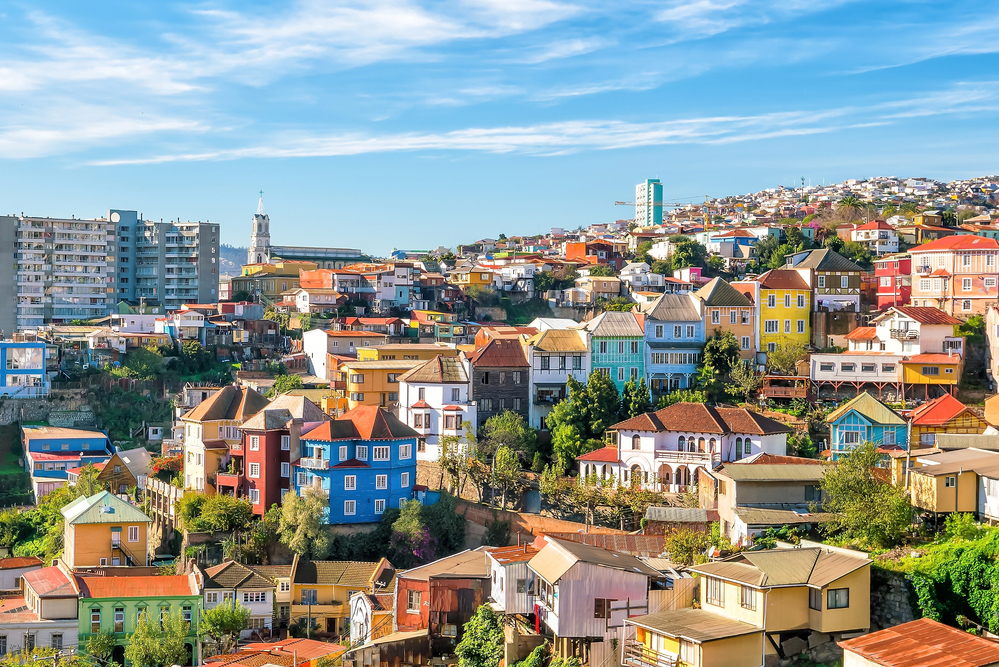
The vertiginous landscape of this port city, with colorful houses perched on steep hillsides accessed by funiculars and staircases, creates natural moments of pause where conversations resume with altered perspectives after encounters with breathtaking vistas. The Bohemian tradition established by poet Pablo Neruda continues in cafés where artists, students, and dockworkers engage across class boundaries in conversations that blend practical politics with poetic vision.
The constantly changing light on the Pacific Ocean creates an atmosphere of perpetual transformation that naturally extends to discussions of personal and social change.
Like Travel Pug’s content? Follow us on MSN.
Dublin, Ireland
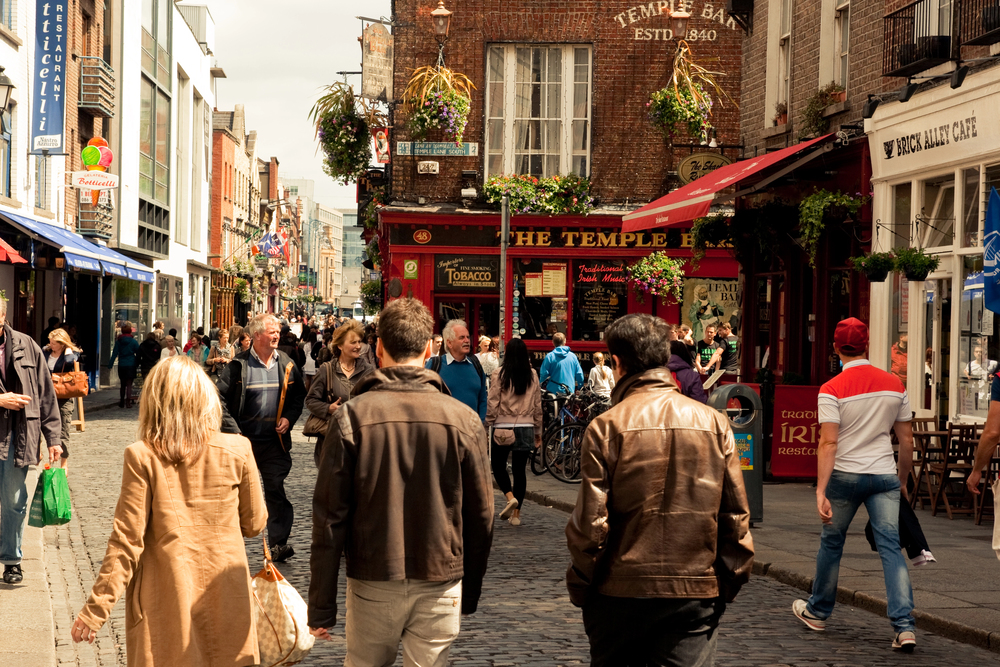
The literary pub tradition of Dublin established conversation as a creative art form where wit and wordplay elevate everyday exchanges into memorable performances that reveal deeper truths through humor. Establishments like The Palace Bar and Neary’s maintain environments where storytelling naturally expands into philosophical territory as narratives explore fate, faith, and free will through concrete characters and situations rather than abstract concepts.
The Irish comfort with acknowledging life’s darker aspects—mortality, failure, loss—creates space for conversations that encompass the full spectrum of human experience without forced positivity or simplified resolution.
Istanbul, Turkey
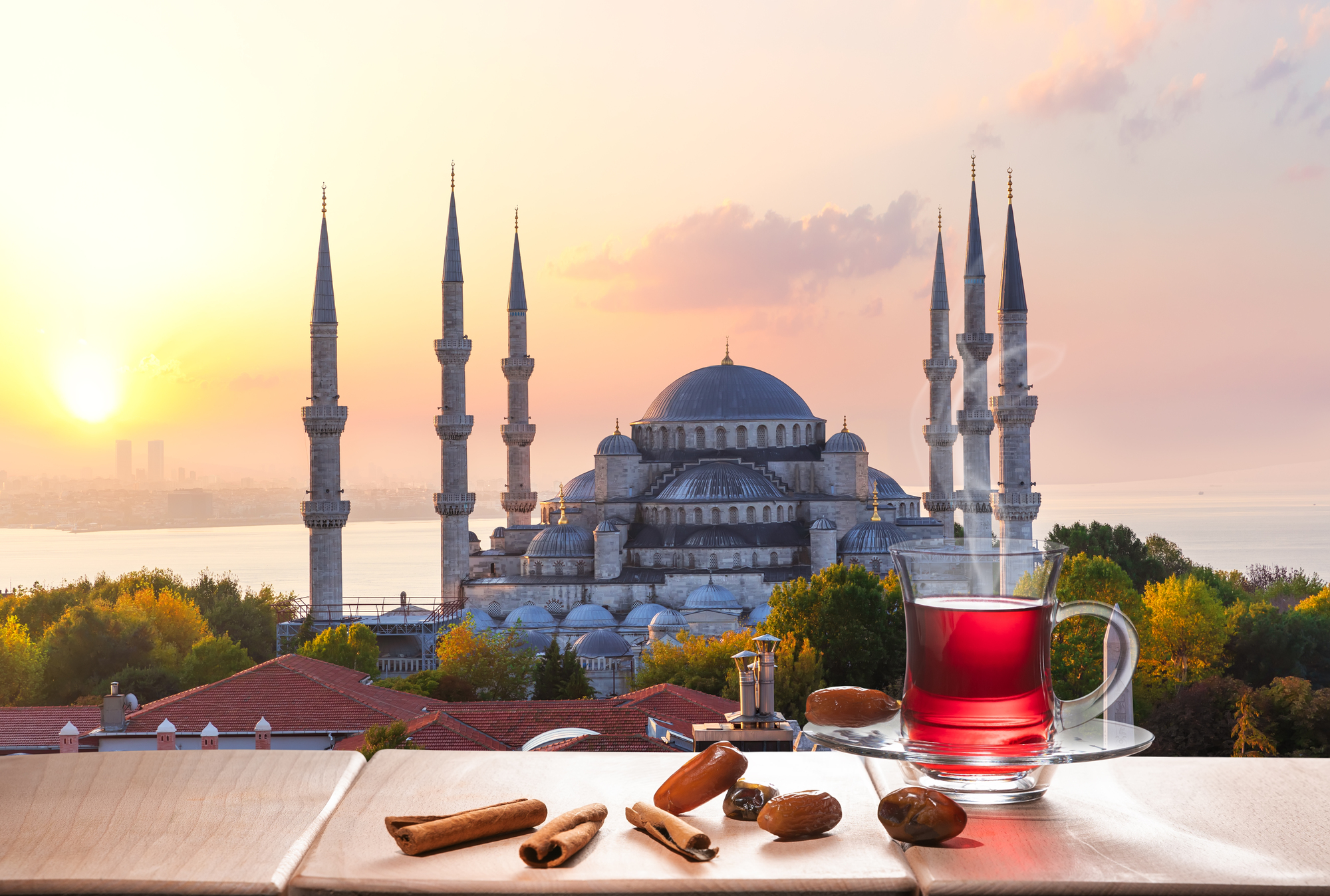
The traditional Turkish coffeehouse culture established these spaces as extensions of the public square where ideas flow as freely as the dark, potent coffee served in small cups that necessitate slow consumption and extended presence. The dramatic physical position straddling two continents creates a city perpetually engaged in identity questions that extend naturally into café conversations about belonging, tradition, and transformation.
The visual dominance of Byzantine and Ottoman architectural masterpieces reminds conversationalists of civilization’s long arc, naturally contextualizing contemporary concerns within a framework of historical perspective.
Berlin, Germany
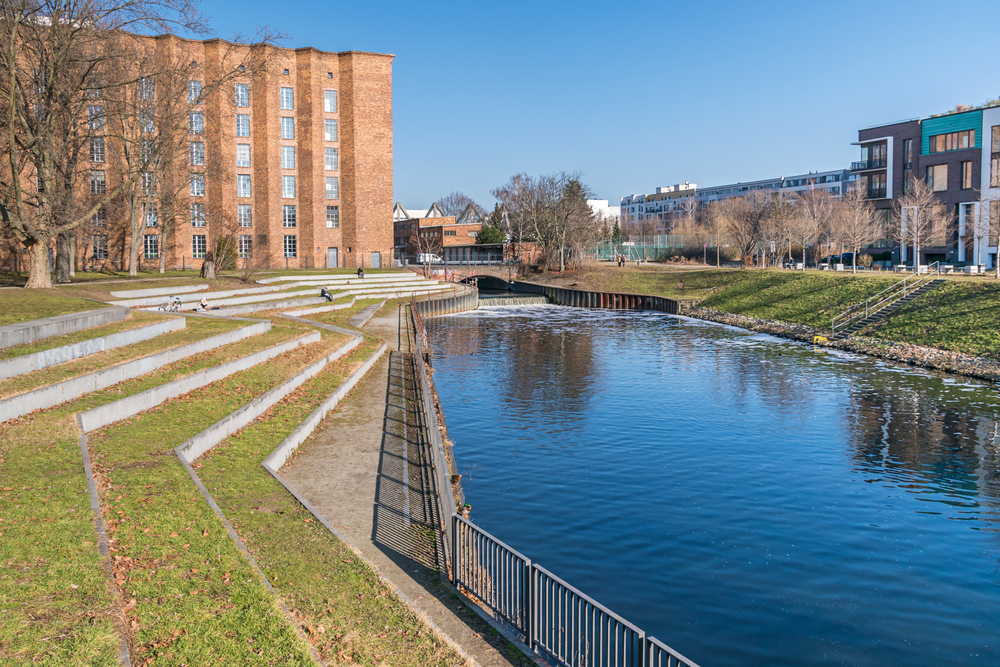
The visible layers of history evident in Berlin’s cityscape—from imperial monuments to Nazi architecture to Communist structures to striking contemporary designs—create an environment where memory and possibility coexist in dynamic tension. Café culture established during the Cold War era continues in all-night establishments where conversations move fluidly between political analysis, artistic critique, and personal revelation without rigid boundaries.
The particular quality of intellectual seriousness combined with clubbing hedonism creates a city comfortable with philosophical contradiction, where café conversations explore both profound theory and embodied experience.
Like Travel Pug’s content? Follow us on MSN.
Havana, Cuba

The particular time quality of Havana, where classic cars and crumbling colonial architecture create a sense of temporal dislocation, naturally shifts conversations toward themes of history, memory, and the nature of progress. Traditional community gathering spots combined with more recent paladars create spaces where Cubans of different generations engage in passionate debate about how to honor revolutionary values while embracing necessary change.
The distinctive soundtrack of the city—from street musicians to radios playing traditional son—creates an atmosphere where rhythm and melody inform the cadence of conversation itself.
Dakar, Senegal
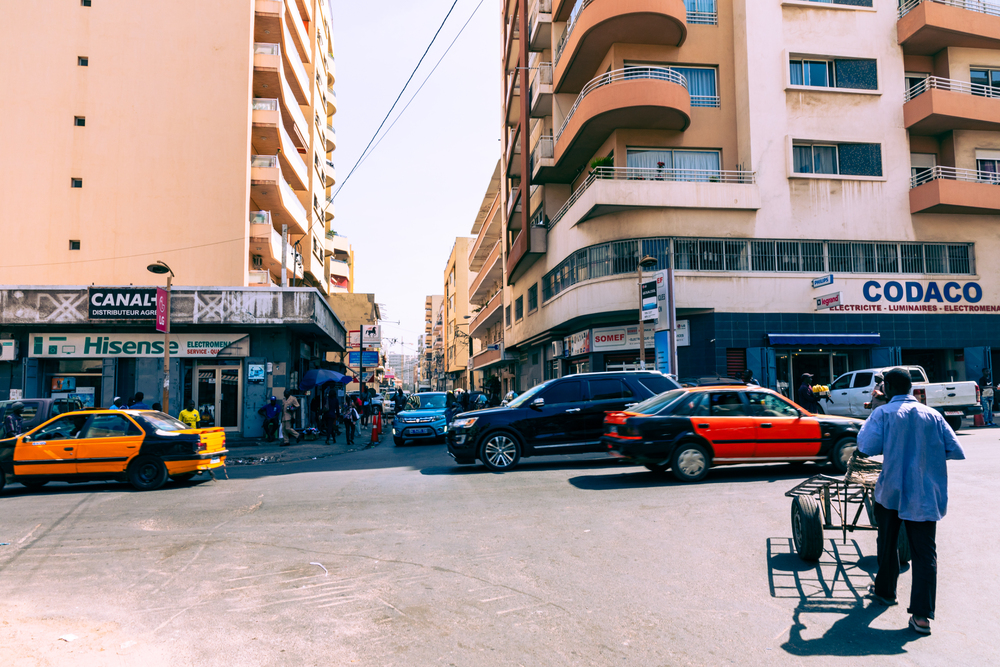
The teranga (hospitality) tradition of Senegal creates café environments where strangers are readily welcomed into ongoing conversations, expanding perspectives through genuine curiosity about different life experiences. Beachside establishments frame discussions against the vastness of the Atlantic, naturally evoking themes of connection across distance that extend to dialogues about the African diaspora and global responsibility.
The distinctive blend of French colonial influence with deeply rooted Wolof cultural practices creates spaces where multiple worldviews coexist without hierarchy, fostering conversations that naturally challenge Western philosophical assumptions.
Tbilisi, Georgia

The ancient Georgian tradition of supra (feast) extends into café culture, where food, wine, and conversation blend in extended gatherings that move far beyond casual social exchange. Historical establishments in the Old Town create architecturally distinctive environments where centuries of invasion and resilience remain visible in the physical space, inspiring discussions about cultural preservation and adaptation.
The dramatic mountain landscape surrounding the city provides a constant reminder of nature’s permanence contrasted with human impermanence, creating a natural framework for philosophical reflection on mortality and meaning.
Like Travel Pug’s content? Follow us on MSN.
The Geography of Thought

These cities remind us that physical environments and cultural traditions profoundly shape the quality of our thinking and connecting. Their distinctive café cultures demonstrate that meaningful conversation requires more than just coffee and chairs—it needs spaces designed for lingering, cultural permission to explore uncertainty, and social traditions that value questions above answers.
More from Travel Pug

- Cities Growing so Fast You Won’t Recognize Them in 10 Years
- 13 Destinations Where Tourists Regularly Regret Their Trip
- 20 Obscure WWII Sites Even History Buffs Don’t Know About
- 10 Under-the-Radar Mountain Towns That Are Both Affordable and Beautiful
- 20 Abandoned Places That Feel Like Real-Life Post-Apocalyptic Movie Sets
Like Travel Pug’s content? Follow us on MSN.
